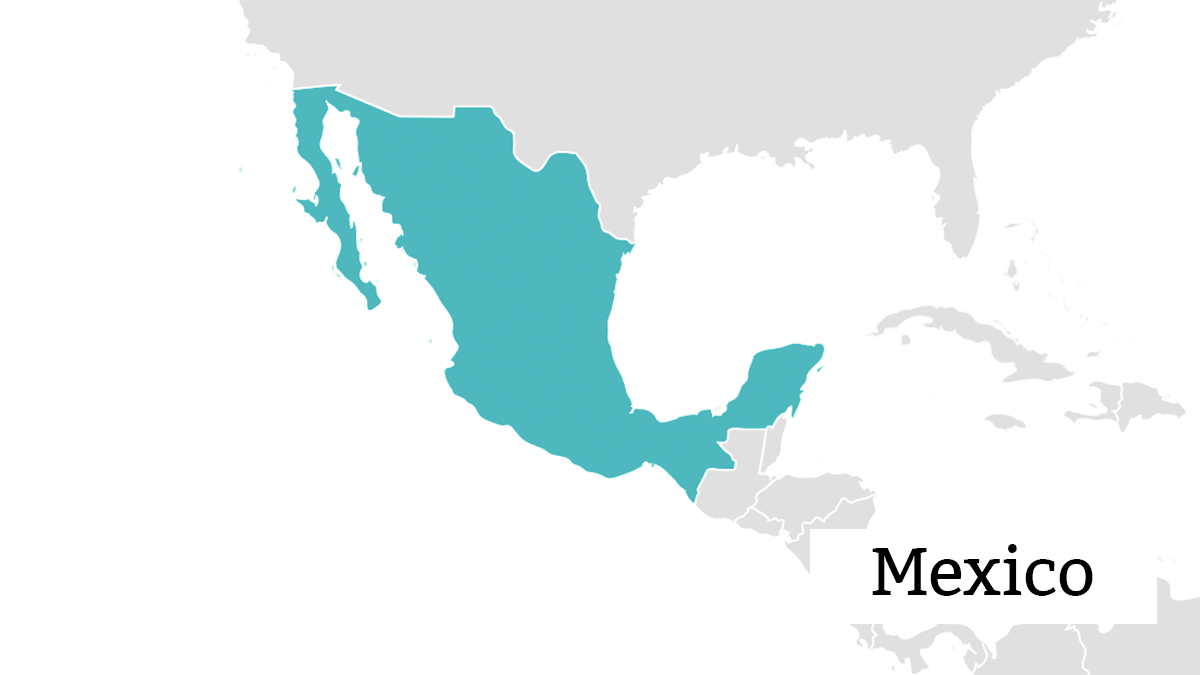
In 2013, the Mexican government created the Instituto Federal de Telecomunicaciones (IFT) as part of one of the largest constitutional, legal, and regulatory changes to modernise its telecommunications and broadcasting sectors. As an autonomous institution, the IFT’s main role is to encourage the sector’s economic competitiveness and growth by regulating and supervising providers and by encouraging the use of their services throughout the country. Additionally, article 71 of its Organic Statute authorises the IFT to develop strategies to provide clear, adequate, and updated information regarding consumer rights.
Mexico’s increasingly competitive telecommunications market has provided internet services to a growing and more demanding consumer base. In 2018, there were 74.3 million internet users in Mexico, amounting to 65.8% of the population, of which 51.5% were women and 48.5% men. 18.3 million households had coverage as well — that is, 52.9% of the country’s total. These figures include the 64,172 indigenous localities covered with 2G, 3G, or 4G internet access.
While consumers in Mexico can access a wide range of internet services — an IFT report showed 149 mobile and fixed internet packages available in the market in 2018 — network performance has been low. Low network speeds, ranging from 28.7 to 48.8 Mbps, have led the country to rank 51st in the Inclusive Internet Index. In addition, consumers in Mexico lack full awareness of all of their rights as consumers in the market including portability and transparency from service providers. According to the IFT, less than 50% of users compare providers and services, approximately 90% have not exercised their mobile number portability rights (i.e., the right to transfer their number from one network operator to another), 65% do not know their data allowance cap, 59% do not know the speed included in their fixed internet packages, and around 90% of the customers have filed a complaint against their providers. Moreover, 70% of disabled customers have not been informed about their rights as telecommunications users, which is concerning for the IFT given that there are 7.1 million disabled people living in Mexico (amounting to about 6% of the population).
In order to tackle the lack of consumers’ awareness of their rights, the IFT developed a series of strategies to educate and empower telecommunications users based on article 191 of the 2014 Federal Law of Telecommunications and Broadcasting and the NOM-184-SCFI-2012, which regulates commercial practices in the telecommunication sector. In 2015, the IFT and the Federal Consumer Protection Office (PROFECO) published the Charter of Basic Rights of Telecommunications Users. Among others, the Charter includes the right to freely choose a provider, to portability, to clear terms and conditions, and to fair service fees.
The IFT has implemented a number of strategies to provide clear, adequate, and updated information to telecommunication users. Since 2015, it has been conducting and publishing quarterly and annual studies about consumption patterns, satisfaction, and experiences in the sector. In the same year, the IFT started to make available special reports for consumers to compare and track the evolution of telecommunications providers, services, and devices. Later, in 2017, the IFT created a dedicated website for users, Yo Usuario, to compile this information and provide customers with additional online tools. These tools include a provider and service comparison engine and a complaint filing tool. In 2019, the IFT started a digital alphabetisation programme called Know Your Rights, complementing the institutional efforts to disseminate information and empower customers in the telecommunications sector. This public campaign aims at building a direct and close relationship with the users, particularly with women, girls, people with disabilities, and the elderly.
To prevent discrimination and exclusion in the sector, the IFT enacted Accessibility Guidelines in 2016, aimed at promoting access to telecommunication services and ICTs for disabled populations. As pioneers in Latin America, the IFT developed special reports, online tutorials, training courses, and supervision mechanisms to promote the use of accessibility protocols among telecommunication providers. In 2018, the IFT launched the microsite Pueblos y Comunidades Indigenas aimed at empowering users of telecommunication services from indigenous communities. This website includes information about the 2G, 3G, and 4G coverage in indigenous localities and translations of the users’ basic rights into nine indigenous languages.
In 2018 and 2019, in order to improve the users’ decision-making process, the IFT created a series of information campaigns about the aforementioned services, consumer rights, technological change, cybersecurity, anti-marketing spam, and unconsented portability. It also developed tutorials for disabled users to disseminate information about their rights.
The IFT’s strategy has proved effective since its implementation in raising awareness of consumer rights and providing useful tools for telecommunication users. In 2019, the complaint filing tool embedded in the IFT’s users-dedicated website allowed 18,155 consumers to claim their rights. In addition, in 2018, the microsite Pueblos y Comunidades Indigenas received more than 6,000 visitors, and in 2019, the IFT was awarded the first prize in the category of users’ service quality for this website at the 22nd Plenary Assembly of Regulatel. In 2016, Regulatel awarded the Yo Usuario system a good practice prize, and in 2017, the ITU recognised its contribution with the WSIS Champion prize.
Regarding the comparison tools, the IFT has reported that the provider and service tool was used 432,012 times, while the prepaid device tool was used 90,723 times between 2015 and 2018. In the Q4 2019 Yo Usuario statistical report, the IFT indicated that it resolved 71% of the complaints filed against telecommunications providers through the system. In 63.7% of cases, users considered the resolution satisfactory.
The IFT contributions to prevent discrimination and exclusion of disabled consumers in the telecommunications sector have been recognised internationally, including at the ITU Plenipotentiary Conference 2018. Thus, by developing this research, information, and training strategy to educate and empower consumers, the IFT has furthered its leadership as a telecommunications regulator in Latin America and has championed effective ways to support consumer power within a competitive telecommunications market.
